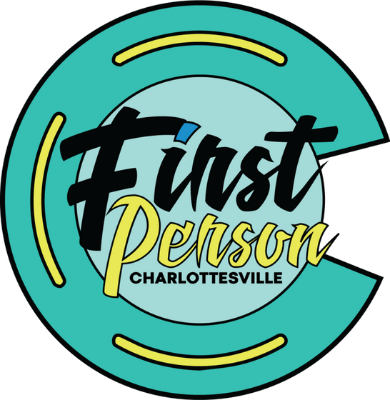A place where the dream of equality lived in Albemarle County
"The descendants of ancestral land carry the burden of trying to understand its true value. For African Americans, this can lead to a deeper appreciation for who they are and why," writes Philip Cobbs. Kori Price/Charlottesville Tomorrow
There was a time when I would have perceived being told, “Stay in your place” as insulting.
But the descendants of ancestral land carry the burden of trying to understand its true value. For African Americans, this can lead to a deeper appreciation for who they are and why.
Only by staying in my place could I have experienced and learned what I did. It has given me a perspective I would not have if I had spent my life someplace else. I fortunately was given the opportunity to write about my place, Buck Island, and it opened a window of understanding I never expected.
The community of Buck Island, 10 miles southwest of Charlottesville in Albemarle County, is where I grew up in the 1960s. It now only exists in the minds of its descendants. It is a vague memory of those who knew it. Those of us who remember can reminisce about past times and confirm whether those memories are real or figments of our imagination. For me embarking on that journey of confirming has been eye opening.
This story was published as a part of Charlottesville Inclusive Media’s First Person Charlottesville project. Have a story to tell? Here’s how.
Last October, I visited my only brother, Peter Cobbs III, in Los Angeles. We recollected what growing up was like for each of us, and we had some similar memories of Buck Island but our five year age gap made our experiences quite different. On that trip, we connected with our cousin, Barry Jones, who grew up in New York and visited Buck Island in the summer as a child in the 1950s. He recalled an experience that remains etched in his memory. An Elder took him to a “special place” on the property, near the Rivanna River. Barry described the spot as being shady and removed. There, this Elder showed him what remained of enslaved quarters. In the center stood a whipping post. Barry still remembers touching it and how eerie it felt.
Philip Cobbs tells the story of his journey to reclaim the history of his ancestors’ home. Read more at Charlottesville Tomorrow.


